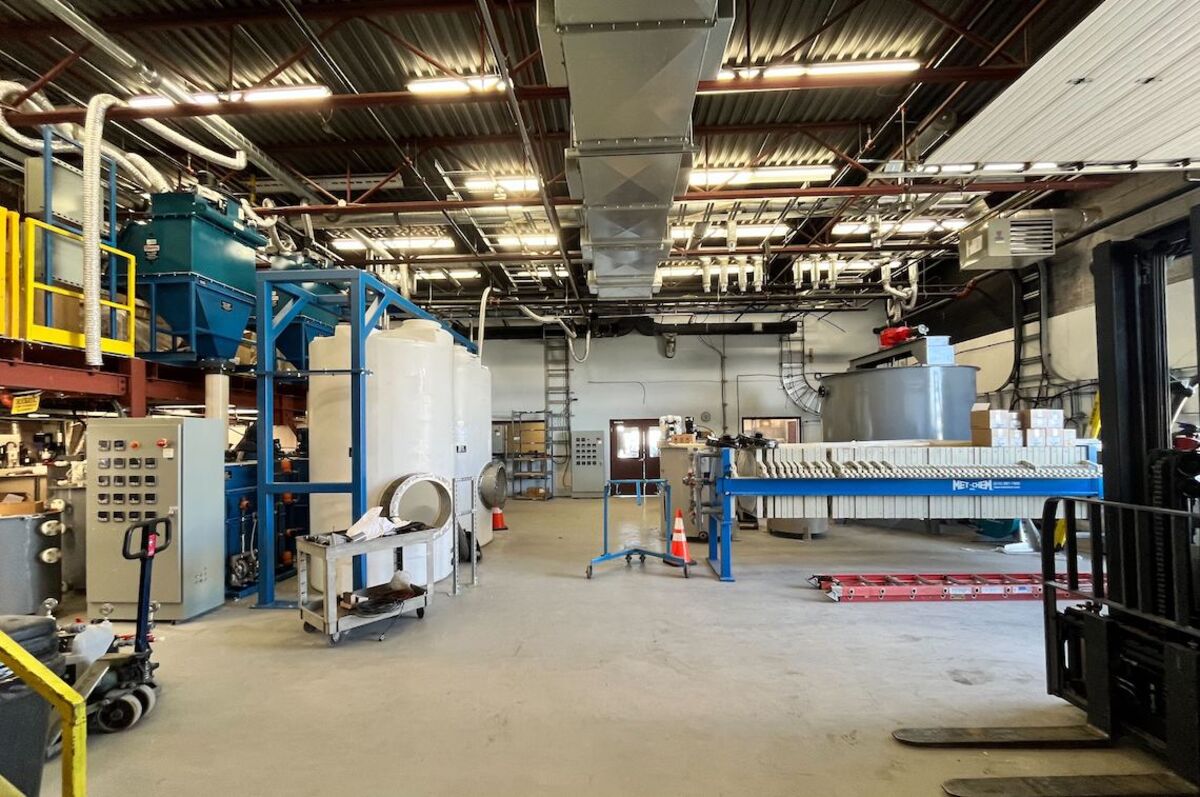Summary:
IonQ acquires Oxford Ionics in a $1.075 billion deal, accelerating its mission to build fault-tolerant quantum computers by 2030
Oxford Ionics specializes in trapped-ion quantum computing, a key technology for IonQ's global expansion
IonQ's stock rose 2.9% following the announcement, reflecting investor confidence in its strategic acquisitions
Collaboration with AstraZeneca, Amazon, and Nvidia reduced chemical reaction simulation time from months to days
CEO Niccolo de Masi envisions IonQ as the "Nvidia of quantum computing", with a 36% stock gain last month
IonQ, a leader in quantum computing, has announced its acquisition of Oxford Ionics, a UK-based quantum computing startup, in a deal valued at $1.075 billion. This strategic move includes $1.065 billion in common stock and approximately $10 million in cash, aiming to close within the year. This acquisition follows IonQ's recent purchase of Lightsynq, a quantum interconnect company, marking a significant step in IonQ's global expansion and technological advancement.
The Strategic Importance of Oxford Ionics
Oxford Ionics specializes in trapped-ion quantum computing, a technology that manipulates charged atomic particles using electric fields. This aligns perfectly with IonQ's mission to develop fault-tolerant quantum computers by 2030, featuring 2 million physical qubits and 80,000 logical qubits. The startup's inclusion in the Defense Advanced Research Projects Agency’s Quantum Benchmarking Initiative alongside IonQ, Quantinuum, and Rigetti Computing underscores its technological prowess.
Global Expansion and Technological Synergies
IonQ's acquisition spree, including a controlling stake in ID Quantique, a Swiss quantum-cryptography firm, highlights its ambition to dominate the international quantum computing market. CEO Niccolo de Masi envisions IonQ becoming the Nvidia of quantum computing, a bold claim that has fueled investor optimism, reflected in the stock's 36% gain last month.
Collaborative Breakthroughs in Quantum Chemistry
In a parallel development, IonQ, alongside AstraZeneca, Amazon.com, and Nvidia, unveiled a hybrid workflow integrating quantum and classical computing. This innovation drastically reduced the simulation time for a Suzuki Miyaura reaction from months to days, showcasing quantum computing's potential to revolutionize drug development and computational chemistry.
The Future of Quantum Computing
De Masi predicts a "ChatGPT moment" for quantum computing within the next 2-3 years, where its commercial viability will become undeniable. With increasing investor interest and strategic acquisitions, IonQ is positioning itself at the forefront of this transformative technology.







Comments